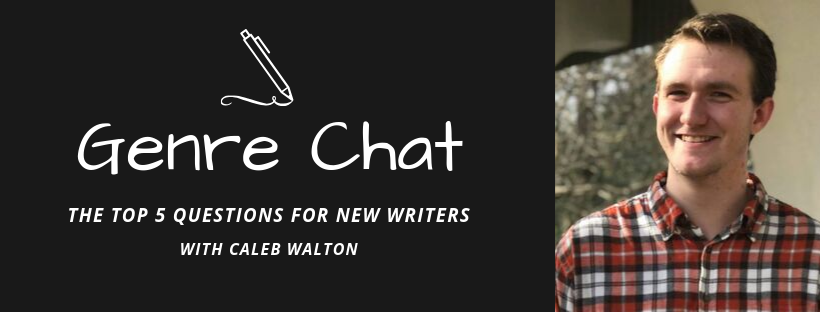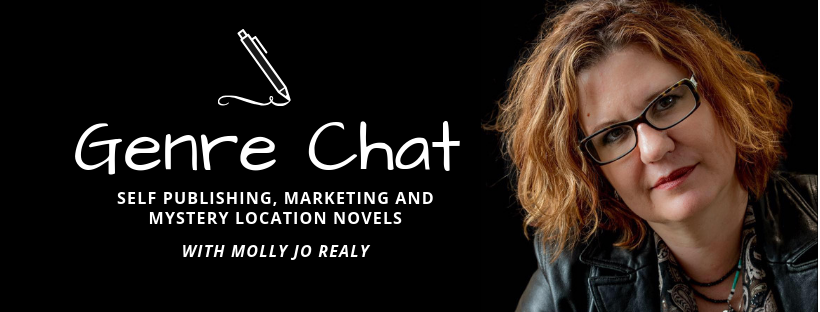Best-selling author. Award-winning filmmaker. To date, Bill Myers’ books and videos have sold over 8 million copies. Not bad for a man who never wanted to be a writer.
As author/screenwriter/director his work has won over 60 national and international awards, including the C.S. Lewis Honor Award. His DVDs and books have sold 8 million copies. His children’s DVD and book series, McGee and Me, has sold 4.5 million copies, has won 40 Gold and Platinum awards, and has been aired on ABC as well as in 80 countries. His My Life As… book series has sold 2.1 million copies. He has written, directed, and done voice work for Focus on the Family’s Adventures in Odyssey radio series and is the voice of Jesus in Zondervan’s NIV Audio Bible. As an author, several of his children’s book series and adult novels have made the bestseller list.
He is also managing partner of Amaris Media, International – a motion picture and media company currently developing several projects for both children and adults. The motion picture, The Wager, starring Randy Travis and based on Myers’ novel by the same name, was released in 2009.
Bill has been interviewed for Good Morning America, ABC Nightly News, The 700 Club, TBN, as well as hundreds of broadcast, internet and print organizations. He can be reached at bill@amarismedia.com
Show Notes:
Caleb: What inspired you to write Supernatural Suspense?
Bill: I got a call, quite a few years ago, from Tyndale House publishers. At that time there were a lot of horror books for teens, so they called me up and said, “Would you like to write a Christian horror series.” I said I would be happy to write about the supernatural, but I’m not going to write horror. Because there’s two sides to the supernatural, and I don’t get why we always have to deal with the devil and the demons and all the horror. That’s part of it, but there is this whole other side to the supernatural. I did a ton of research for the series… everything from UFOs to Ouija boards to possession. I became sort of a reluctant supernatural know-it-all.
Caleb: How did you research these wild topics?
Bill: To me, that’s the best part of writing. People always want to talk about themselves. I’ve interviewed everybody from the head of the CIA Psychic Research Division, to the Son of Sam Serial Killer, to people who claim they’ve been abducted by UFOs. I’ve talked to a lot of people that have prophetic gifts. I have one, who’s become a friend now, who does miracles on a regular basis. There’s a whole world out there that we kind of ignore, because we think it’s too “fantasy”. It’s not fantasy at all. For me the best part is research, and the hardest part about writing is writing. But I guess that comes with the territory.
Caleb: What does your writing process look like?
Bill: I’m really, really disciplined. I can think of dozens of writers more skilled than I am, but they don’t have the discipline to finish it. I write two thousand words a day. I write in three two-hour sessions. Now remember, this is full time. Most people don’t have that, but you can still carve out the time, and say “I’m going to write for this amount of time every day.” And somehow, it turns into a book.
Caleb: I’ve heard some writers say that they like to write organically, and some prefer to stick to an outline. Do you outline?
Bill: You bet! I know every scene before I start to write. It takes me a month to outline a book. But I do that, so I don’t go down some weird rabbit trail. It’s a craft. It’s not some inspirational art. For me, the inspiration happens within the confines of a structure.
A lot of people say to me, “Oh, I wish I was a full-time writer like you,” and my response is usually, “I don’t think you do.” The joys of people who write part-time is that you write from the joy.
Caleb: So after all that research, how do you choose what to weed out and what part to base your story on?
Bill: I always start with a premise, a concept that hopefully hasn’t been done before. I do something called Plot Webbing. I put a circle and write the basic thing, like “dead friend.” Then I put spokes out and say all the crazy things that could happen with that. And then I put another spoke and do all the crazy things, and then I fill up the whole page. Most of them are bad ideas. Before you know it you have pages of bad ideas, but every once in a while, there’s a good one. The next step is that I try to find characters that are engaging, that are original. The next step is to give that character a want that drives them. As soon as I’ve got that, then the rest is just hanging the story on how the person gets it, or doesn’t get it.
Caleb: How do you come up with your characters?
Bill: I ask my characters different questions. One of the most powerful questions I learned is from a movie director. I ask my characters “what are you afraid of?” They start to become vulnerable and they start to become three-dimensional, if I spend enough time with them. Once you give the character a want, once you’ve got a high concept, once you’ve got character’s that are engaging, the writing pretty much takes care of itself.
Caleb: I know you write in many different genres, for both adults and children. What are the biggest challenges when you switch from one to another?
Bill: It keeps me on my toes and stops me from being stale. I love writing children’s books. Most of my children’s books are comedies, and they just loosen my self-importance and make me a kid again. Screenplays are difficult because the people that pay you for screen plays don’t always know a good story. Artistically, it’s not nearly as rewarding as it is writing a book. But, I’ll tell you, writing screenplays has made me a better novelist. One of the first things they teach you in writing is to show something and don’t tell the audience about it, but show it in action. You have to do that on a screenplay, because that’s all there is.
Caleb: If you had one piece of advice you could give to an aspiring writer, what would that advice be?
Bill: To write. To write every day. To set aside that time. To write good or bad. It’s like going to the Olympics. Nobody drifts into the Olympics. They work out every day.
Bill Myers can be found on Facebook and on his website BillMyers.com.




0 Comments